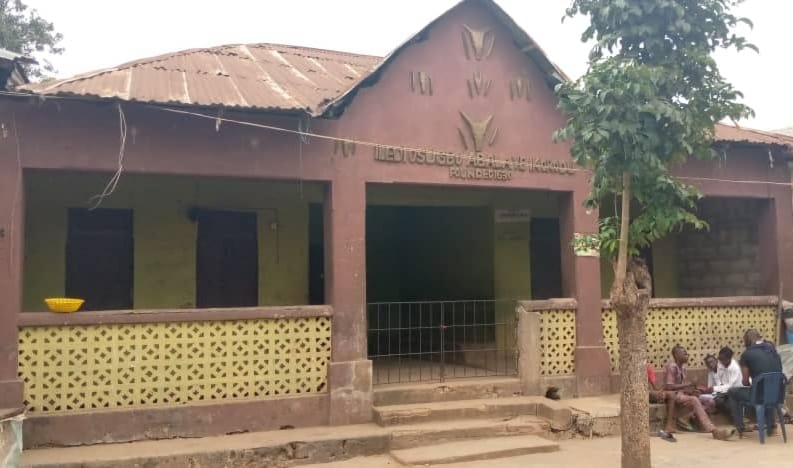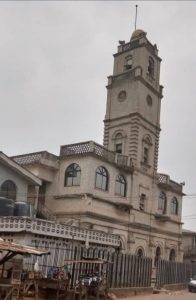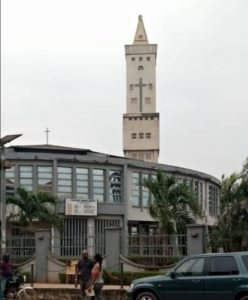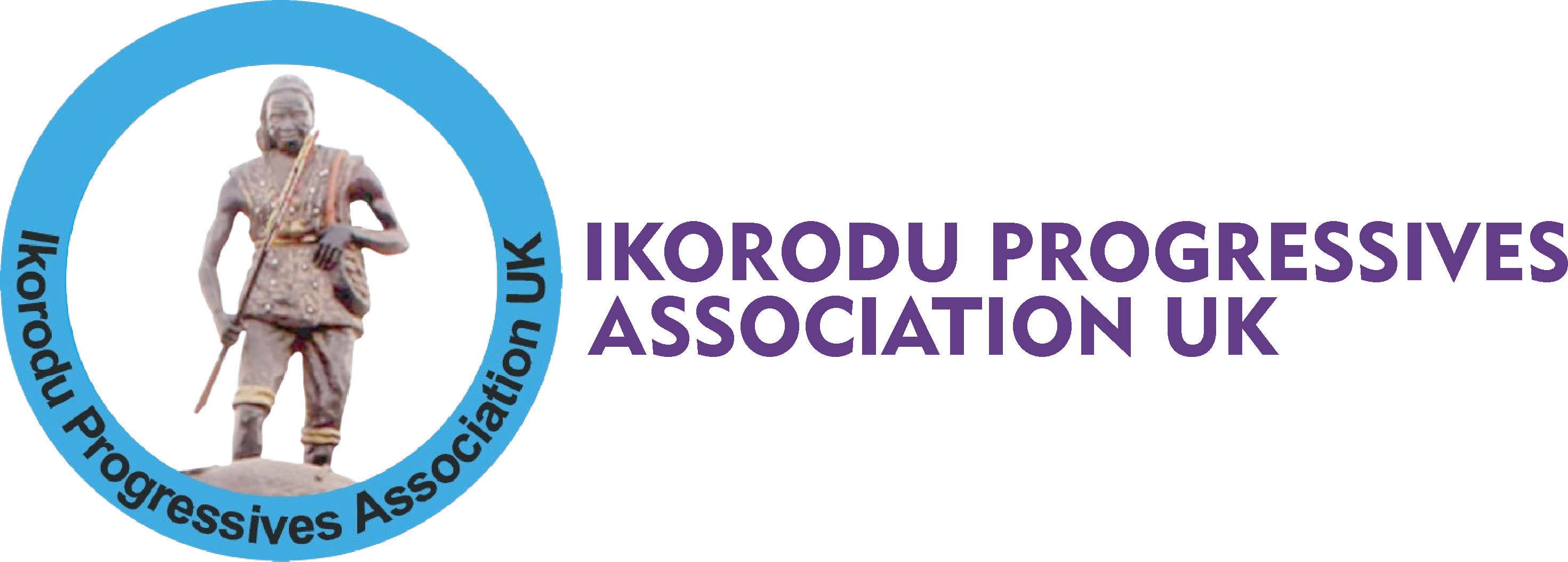Our Culture and Religions
Culture

Culturally, Ikorodu people are great lovers and promoters of traditional culture and festivals. There is high degree of religious tolerance amongst the people. It is not strange to find Christians and Muslims partaking or supporting traditional festivals, overtly or covertly. There is hardly any family or household, where you will not find adherents of three main religions living peacefully together. The first festival in the year is the Odun Osu which is the traditional green light for other festivals to follow.
The Odun Osu, invariably takes place towards the end of the dry season and before the onset of the first rains. Odun Osu is, strictly speaking, a royal festival in which the highest traditional social club, “The Rogunyo” plays a very important role. After Odun Osu comes Magbo festival. Magbo festival had been described by a visitor as the ‘greatest carnival’ in this part of the world. Magbo and Liwe festivals are strictly all Male affairs. Both festivals are celebrated with the female folks keeping in-door during this period. These festivals were not held on Fridays or Sundays, being the Holy days for the Muslim and Christian religions.
These concessions were not accomplished with ease, in the past, Muslims and Christians had embarked on the ‘forceful show-down’ with Magbo organisers to the extent that communal peace was threatened. The other festivals are the “Eyibi” festival incorporating special outing by Eluku. Eluku’s role in our traditional society was that of Executioner just as the Osugbo was the traditional Judiciary. It is interesting to note that our traditional society was run on the basis of absolute honesty. The honesty and trust amongst them was so solid, such that, when money was being shared; no one ever checked to confirm, how much was apportioned to him. Traditionally, our fathers believed in ‘life after death.’ They were, therefore, scared stiff of doing anything immoral or dishonest.
Another important festival is the Ogun festival. This is celebrated during the late rains of September to October. It is the last traditional festival of the year and it is meant to appease the god of Iron, Ogun.
Religions


All the three main religions co-existed in Ikorodu town. Ikorodu is very rich in culture and hospitable in nature. In 1892, Christianity made an advent into Ikorodu. Late Chief Aina Odukanmade (the 1st Mosene), an Iwerefa and one of the most popular and wealthy Chiefs with four others welcomed the early missionaries and hoisted the British flag on the soil of Ikorodu. With the backing of the Oloja of Ikorodu, Aina Odubote, Balogun Jaiyesimi and Odukanmade, the Lisa of Ikorodu, Christianity started on a good footing. The first Church in Ikorodu was the C.M.S. Church, Obun Ale. When the building finally gave way to the evening market, it resurrected on its present location at Ijomu.
The coming of Islam to Ikorodu is not unconnected with the history of slavery in the West African sub-region. The year Samuel Ajayi Crowther regained his freedom from the bondage of slavery, marked a turning point in the history of Ikorodu. Alli, who was one of the freed slaves brought the torch of Islam into Ikorodu. On account of his pioneering role in the propagation of Islam, Alli became the first Chief Imam of Ikorodu. The first Mosque erected in Ikorodu was located at Isele where it stands till today.
During the Agbala war between Ikorodu and the Egbas, Tairu, a fiery soldier-scholar versed in the Holy Quran, was invited by the people of Ikorodu, in connection with Alli. Tairu later succeeded Alli, as the Chief Imam. The current Chief Imams of Ikorodu are Chief Imam (Alhaji) Sayfiudeen Olowooribi, Grand Chief Imam, Ikorodu Divison & Ikorodu Central Mosque; Chief Imam (Alhaji) Yahya Oshoala of Oriwu Central Mosque, Ikorodu.

